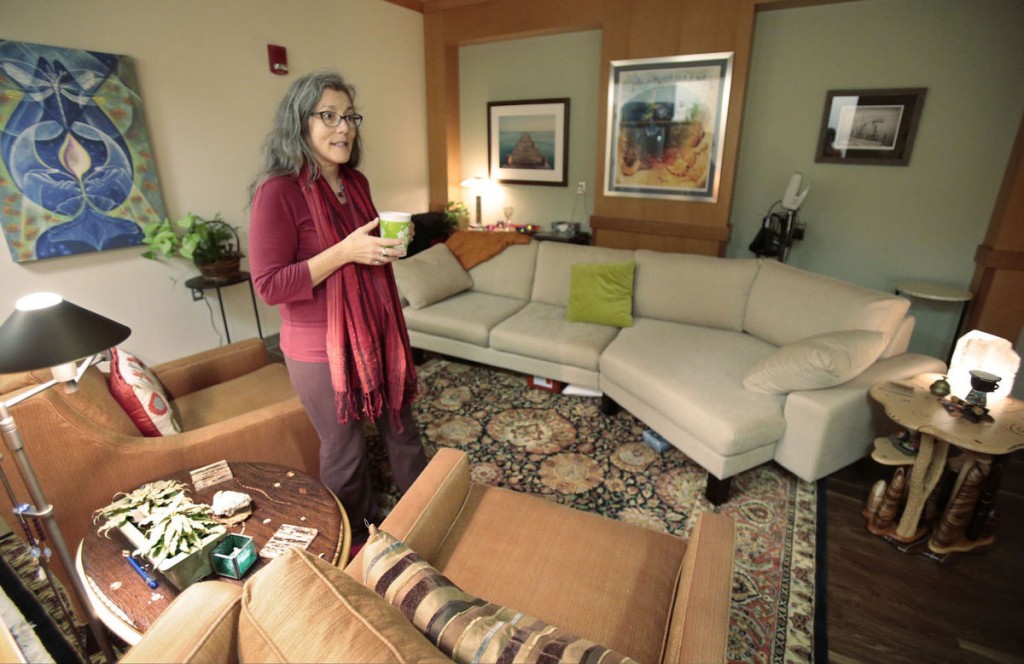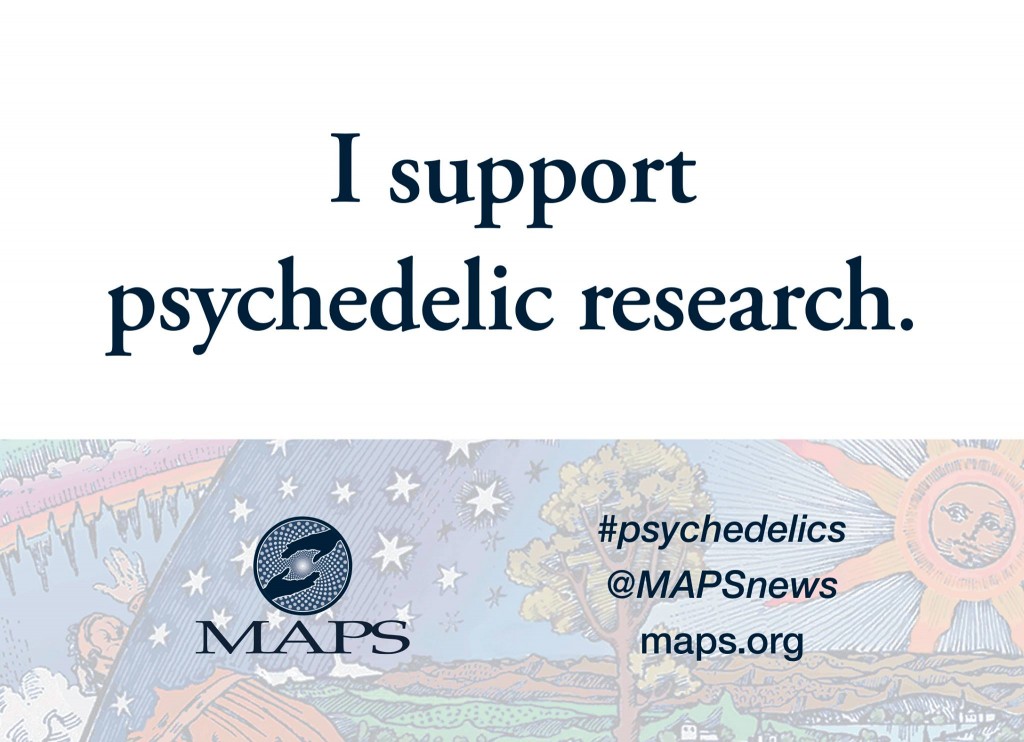Posted by Geoff Gilpin on September 26, 2015
Consciousness is everywhere. At any rate, it’s hard to avoid the deluge of books, articles, conferences, online discussions, et cetera, that flog the topic of consciousness from the heights of academic seriousness to the depths of pop culture folly.
Fortunately, the discussion often comes with a disclaimer about the slippery nature of the subject. Just what the heck is consciousness anyway? What you don’t see so often, though, is any suggestion that consciousness might not be worth all the fuss.
Sure, we assume it’s important, but we would, right? Humans experience consciousness front and center every day, but does that make it more significant in the great scheme of things than, say, our toes or digestion? What if our cult of consciousness is just a symptom of pride?
If and when we figure out how consciousness operates, it may turn out to be the greatest discovery of all time, but until then we can’t jump to conclusions. If we’re going to be honest, I’d say we need to admit that consciousness, if and when we understand it, may not amount to much.
So, keeping in mind that I’m hardly qualified to have an opinion on this subject, let’s imagine a scenario. Many years from now, the world’s top psychologists, neurophysiologists, cognitive scientists, et cetera, assemble at their big conference and go on TV and make an announcement something like this:
“Ladies and gentlemen, after decades of research and theorizing, we’ve arrived at a definition of consciousness that may seem anticlimactic to some but is nevertheless, we believe, the best the human race will ever have.
“In our opinion, consciousness is an evolutionary glitch that makes experiences in short term memory seem especially vivid for a period of about 18 seconds. In other words, it’s a mistake and we can move on. Thank you.”
I’m not proposing this idea as a serious explanation of consciousness. I am saying, however, that the real explanation, if and when we get one, may be just as mundane.
If that happens, how will the world of conscious humans react? Perhaps like Republicans in Congress react to the scientific consensus on global warming. The House of Representatives will pass the “Restoring Respect for Consciousness and Working American Families Act.” A panel of celebrity experts on Oprah will reassure us that, despite the negative stories promoted in the mainstream media, consciousness is the key to a healthy lifestyle, success in the stock market, and time travel.
Actually, we might not have to wait long. Maybe we’ve already made up our minds. If the real consciousness ever shows up, we might prefer the version on daytime TV.



